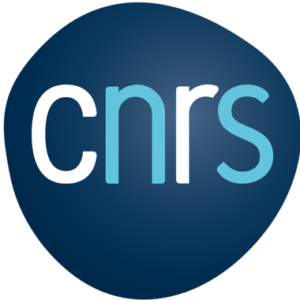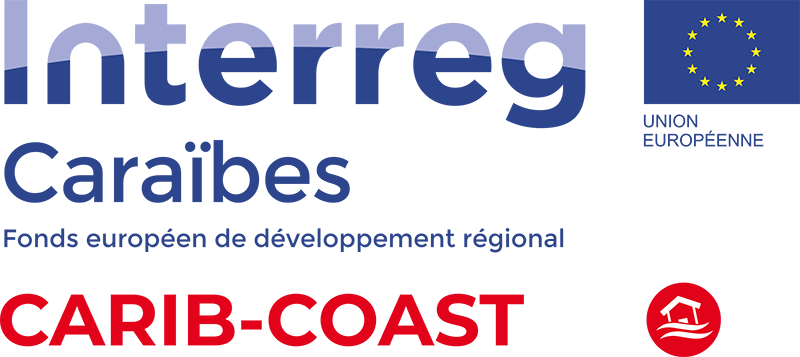The National Centre for Scientific Research (CNRS) is France’s largest public scientific research organization. The research topics addressed at the CNRS are very varied and cover a wide range of academic fields. The missions of the CNRS cover in particular
- Evaluating, carrying out or managing all research of interest for the advancement of science.
- The application and exploitation of the results of this research
- Training in and through research
The CNRS has 18 regional delegations, including DR2, which covers part of the Paris intramural sector. The DR2 manages about 140 operational structures including the LOCEAN joint research unit (Laboratoire d’Océanographie et de Climatologie : Expérimentations et Approches Numériques). The activities of this unit focus on the study of the physical and biogeochemical processes that control the dynamics and variability of the ocean and climate over a wide range of space and time scales. The main objective is to better understand the climate system and its past, present and future evolution. The priorities of this unit are organized around three main themes:
- Ocean dynamics to identify the processes involved and the relevant scales involved in ocean variability and ocean-ice-atmosphere interactions ;
- Biogeochemical cycles to better understand, quantify and predict the interactions and feedbacks between climate change, biogeochemical cycles and the functioning of marine ecosystems;
- the study of climate variability to better understand its physical causes, and to better understand the vulnerability of environments and populations to climate change.
The participation of CNRS personnel from LOCEAN enables the CARIB-COAST project to benefit from high-level expertise on regional hydrodynamic modelling and on the consequences of climate change on ocean physics and dynamics. High-performance modelling tools are developed and used within the LOCEAN unit. This project gives the unit the opportunity to apply them to specific issues in the Caribbean and to train partners who wish to use and exploit these tools.
In addition, this project offers LOCEAN the opportunity to extend its activities to the French West Indies and to non-EU territories in the Caribbean region. LOCEAN already has research and cooperation activities with French Guiana and Brazil. Due to the very strong dynamic and biogeochemical connectivity of the ocean in these regions with the Caribbean, this extension appears strongly justified.


